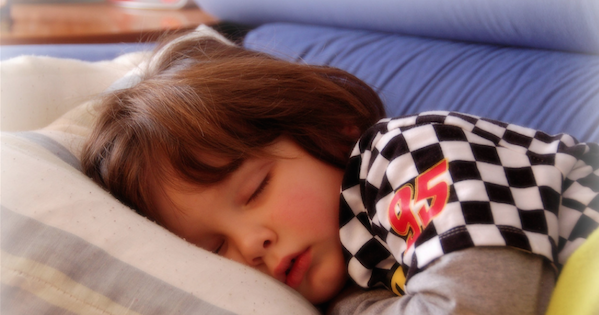
As far as we understand, which is not so far as you might think, we sleep to heal ourselves, to flush our brains of toxins, and to keep ourselves out of trouble during long, wicked nights. We also sleep to remember. If the waking brain is devoted to forming new memories, shiny and delicate as caviar, the sleeping one is a servant to their preservation. It toughens them up, and teaches them their place. This is what you are, it says. Here’s how you fit in with the others.
In the process, memories seem to shed some of their specifics. In this respect, sleep is a boon for generalization—for extending a memory formed in one context to other, similar contexts. Generalization is crucial for language learning. It’s how we learned that your s means much the same thing as mine, though our voices couldn’t be more different, or that a word like elephant refers not just to the animal at the zoo, but also to the stuffed creature on your bed and the fictional character Babar.
Sleep thus has a critical role to play in learning languages. When adults trained to understand synthetic speech (think Siri circa 2003), for instance, were tested on novel words 12 hours later, those who’d had a full night’s rest in the interim performed much better. Even 15-month-olds are better able to learn the abstract, statistical regularities of an artificial language when they take a nap between learning and testing.
All of which makes the results of a 2013 study by Denise Werchan and Rebecca Gomez the more surprising. These researchers find that, for toddlers learning new words, it’s wakefulness, not sleep, that allows us to generalize new words.
The researchers visited two-and-a-half-year-olds in their homes, teaching them names for a trio of made-up objects that had been cobbled together from arts and crafts supplies. Importantly, the toddlers saw multiple examples of each novel object—three daxes, for instance, each somewhat different, but all with the same general shape. Four hours after the in-home training session, the toddlers were taken to the lab and tested on what they’d learned. When shown an array of objects and asked to find the dax, toddlers who’d napped in the interim were far less likely to point to a new example of the correct object than those who’d stayed awake. In fact, unlike their wakeful counterparts, the nappers performed no better than chance.
How could this be? Learning involves, in different measures, remembering what’s important and forgetting what isn’t. For adults, who tend to be very good at understanding the gist of a situation, sleep solidifies that gist. But for toddlers, as likely to recall irrelevant details as relevant ones, it may actually be important to forget some of those specifics before they can be stabilized by a snooze. Staying awake may have given toddlers time to do just that.
So should toddlers nap less, or at least nap more strategically? Probably not. The sheer size of the study’s effect—nappers correctly pointed to the dax just 40 percent of the time, while non-nappers pointed to it about 80 percent of the time—is impressive, but it is also likely a function of the study’s design. During training, the children saw three sample daxes, one right after another. Had they been more spaced out, as is common in the real world, there would have naturally been more time for the toddlers to forget less relevant details like color or texture. The study’s sample size is also frustratingly small, even for a study of its ilk—just nine toddlers in each condition. I’d have liked to see twice as many. So rest easy, parents and daycare employees: scientists haven’t canceled naptime. Not yet, at least.

